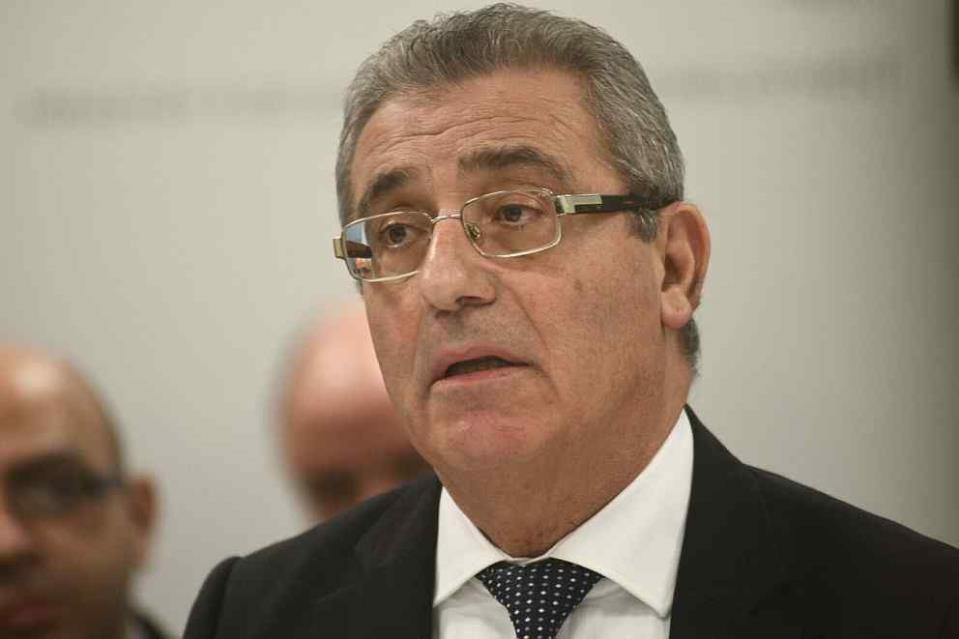A move from an exam-oriented curriculum to one that gives bigger emphasis to critical thinking, analytical and communication skills, creativity and problem solving – the so-called 21st century skills – is among 26 recommendations included in a report on the future of post-secondary education in Malta.
Speaking at the launch of the report this morning Education Minister Evarist Bartolo gave examples through metaphor, saying that, just as fast food is bad for children’s health, fast education is detrimental to their education. “We want to see slow cooking introduced into our curriculums,” he quipped.
The report was commissioned by the Education Ministry in 2015 to evaluate the state of play in the post-secondary sector and recommend changes to education policy. It is primarily aimed at policy makers.
The study, which included feedback by student focus groups, has identified 13 key challenges which fall under five broad headings: Teaching and Learning, Pedagogy, Assessment of Learning, Infrastructure Management and Governance.
As per other levels of education, a one-size-fits-all approach is not fit for purpose in the post-secondary age, which is considered a critical stage in the life-long learning process. The report found that there was little recognition of 21st century skills in the curriculum, which also needs to be more holistic, and not exclusively academically and exam-oriented. Learners perceive MATSEC syllabi to be too demanding. Also, the use of technology in education is still very much focused on ICT and computer studies. Another challenged identified in the report is the pressure that MATSEC exam schedules on students and teachers.

In its recommendations the working group is calling for a formal transition plan for all students moving from secondary to post-secondary education and the implementation of changes to the examination model in order to provide a developmental and formative experience at the sixth forms which are academically oriented.
Other recommendations include providing the necessary training to teaching staff, focus on reducing risk of early school leaving by offering alternative pathways and solutions and involving learners in the design and testing of post-secondary curricula.
Another recommendation calls for the commissioning an external expert review of the MATSEC curriculum. The working group is also advocating a change in the timing of MATSEC exams.
The report also recommends the setting up of a National Commission for General Education, requesting the University of Malta and MCAST to review entry requirements for all courses and an exploration of possibilities for increasing the number of sixth form colleges.
Mr Bartolo said the report gives a clear vision of what should be done at post-secondary level. He said this was the first time that the 16-18 age bracket had been tackled, having been mostly forgotten in the past.

The minister said 21st century skills were important as they taught students how to learn. “Lifelong Learning should not remain just a slogan.” The criticized the contemporary system, saying that students try to cram as much information as possible in their brains in the run up to an exam, only to forget most of it shortly after.
“If we want to provide a solid formation for our children we cannot persist with this exam-oriented education,” he said, explaining that everything from the curriculum to teaching methods would have to change.
Asked if the recommendations would also apply to other education levels, Mr Bartolo said the idea was to employ this concept at primary, secondary and tertiary levels as well. “We want this to be part of the entire lifelong learning process. Our problem is that our different education levels are too disjointed,” he told The Malta Independent.
Asked whether obligatory education should be increased to 18, Mr Bartolo said preferred changing the reality, rather than the law, to reach the 10% of students who dropped out from education.
“We should not be asking whether these students are good enough for school but if the school is good enough for them.
The report will not be put up for a two-month consultation period. The next step will be the appointment of a Task Force to work in conjunction with the Ministry on implementation.
Pictures: Jonathan Borg